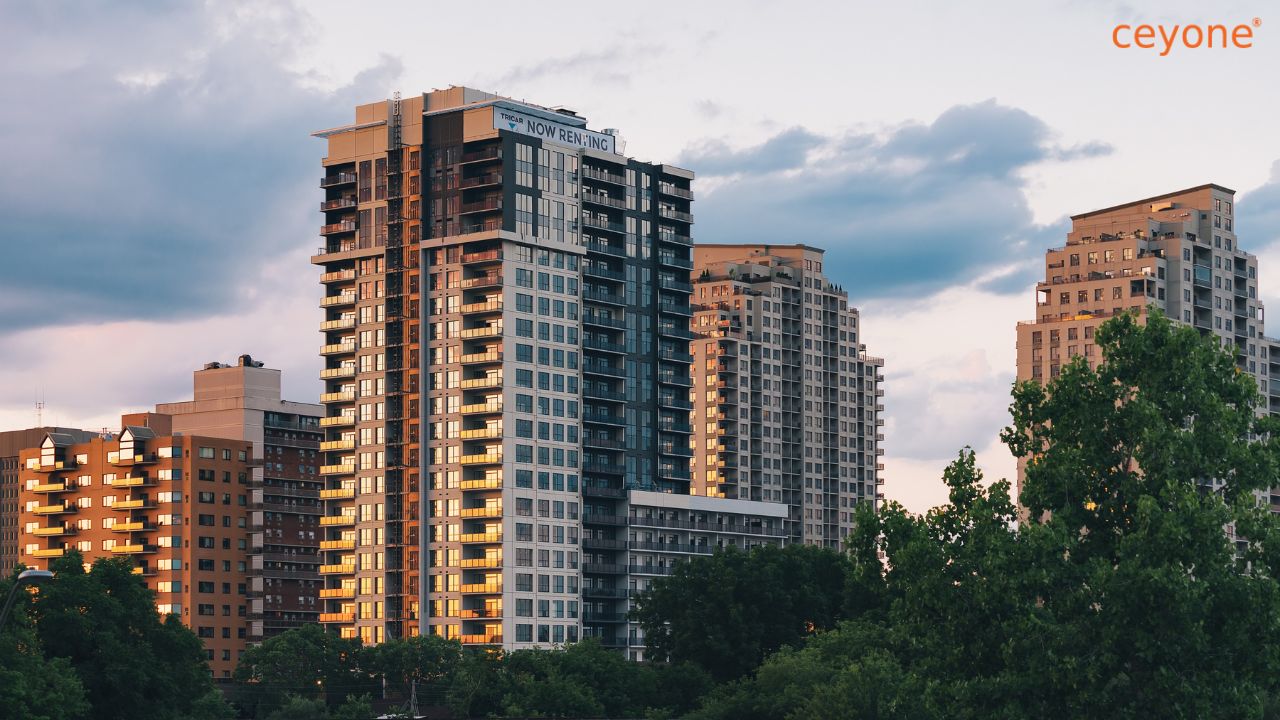Essential Buyer’s Legal Checklist | Top 7 Documents for Buying Property in India
Documents required for buying property in India are not just formalities—they are essential legal safeguards. Whether you’re purchasing your first home, investing in a second property, or simply relocating, verifying these documents is a non-negotiable step. Missing even one could lead to serious legal, financial, or ownership issues.
In this comprehensive guide, we’ll walk you through the top 7 documents required for buying property that every buyer must check before making a purchase. Knowing what to look for—and why—can save you from regret, delays, and hidden risks.
Table of Contents
- Sale Deed – The Ultimate Proof of Sale
- Title Deed – Proof of Legal Ownership
- Encumbrance Certificate – No Legal or Loan Issues
- Approved Building Plan – Legal Construction Only
- Completion and Occupancy Certificates – Fit for Use
- Khata Certificate or Property Tax Receipt – Municipal Legitimacy
- No Objection Certificates (NOCs) – Green Light from Authorities
- Final Word: Don’t Skip the Paperwork
Buying a home is exciting—but it can also be overwhelming. From site visits to paperwork, there’s a lot to keep track of. But if there’s one step you absolutely can’t afford to skip, it’s document verification.
Think of these documents as your safety net. They protect your money, your rights, and your future peace of mind. Miss one, and you could be staring at legal hassles, delayed possession—or worse, losing your hard-earned investment.
To help you make a smart, secure move, here are the top 7 documents you must check before buying any property in India.
1. Sale Deed – The Final Word in Ownership
The Sale Deed is the most important document in any real estate transaction. This is the legal paper that proves ownership has been transferred from the seller to you.
It also includes all the major details of the property: location, size, parties involved, and terms of the sale.
Before you sign:
- Ensure the seller’s name matches government records
- Verify that it’s stamped and registered at the sub-registrar’s office
- Look for any restrictive clauses
This is the foundation of your ownership—get it thoroughly checked by a lawyer.
2. Title Deed – Is the Seller the Real Owner?
A Title Deed confirms that the person selling the property actually owns it—and has the legal right to sell.
It also tells you whether the property is free from disputes or legal claims.
What to check:
- The seller’s name matches across all documents
- The title is “clear and marketable”
- There are no pending litigations or claims from others
Ask for a 30-year chain of titles if possible. You want to see an unbroken line of ownership.
3. Encumbrance Certificate – No Loans, No Liens
The Encumbrance Certificate (EC) shows whether the property has any legal or financial liabilities. For example, if the current owner has used the property as collateral for a loan, it’ll show up here.
You can get this from the local sub-registrar’s office.
Why it’s crucial:
A clean EC means the property is debt-free and safe to buy.
4. Approved Building Plan – Legal Construction Only
It’s not just about what’s built—it’s about what’s allowed.
An approved building plan is the local authority’s official go-ahead for the construction. It includes layout, dimensions, floor plans, and structural details.
Why it matters:
Any unauthorized changes or illegal floors could result in fines or demolition.
Always ensure that the construction matches the approved plan. If you’re buying an apartment, this is a must.
5. Completion & Occupancy Certificates – Fit for Living
Two key documents here:
- Completion Certificate (CC): Issued by the municipal authority after construction is finished per the approved plan.
- Occupancy Certificate (OC): Given once the building is fit to live in, with all civic approvals.
Why you need both:
Without the OC, you technically can’t occupy the property—or get utilities like water and electricity legally.
Never skip this, especially in ready-to-move properties.
6. Khata Certificate / Property Tax Receipts – Proof of Legal Existence
A Khata Certificate (or mutation document) proves that the property is registered with local authorities and that taxes are being paid.
It’s needed for:
- Applying for electricity/water connections
- Taking home loans
- Selling the property later
Always check:
- That the property has an updated Khata in the seller’s name
- All property taxes are paid up to date
7. No Objection Certificates (NOCs) – From Key Departments
For some projects—especially large apartments or land deals—you need NOCs from departments like fire safety, pollution control, and electricity boards.
These show that the project meets legal and environmental requirements.
Ask for:
- NOCs from the local authorities
- RERA registration, if it’s a new project
The builder or seller should be able to produce these upon request.

Final Thoughts: Smart Buying Begins with Smart Checking
Paperwork might not be the most exciting part of buying a home—but it’s definitely the most powerful. These top 7 must-have documents protect you from fraud, delays, and endless legal trouble.
At Ceyone, we believe in informed buying. That’s why every property we recommend is thoroughly vetted for documentation—so your only job is choosing the home that feels right.
Ready to explore properties with peace of mind?
Browse 100% verified homes at Ceyone or connect with our experts today.














Post Comment